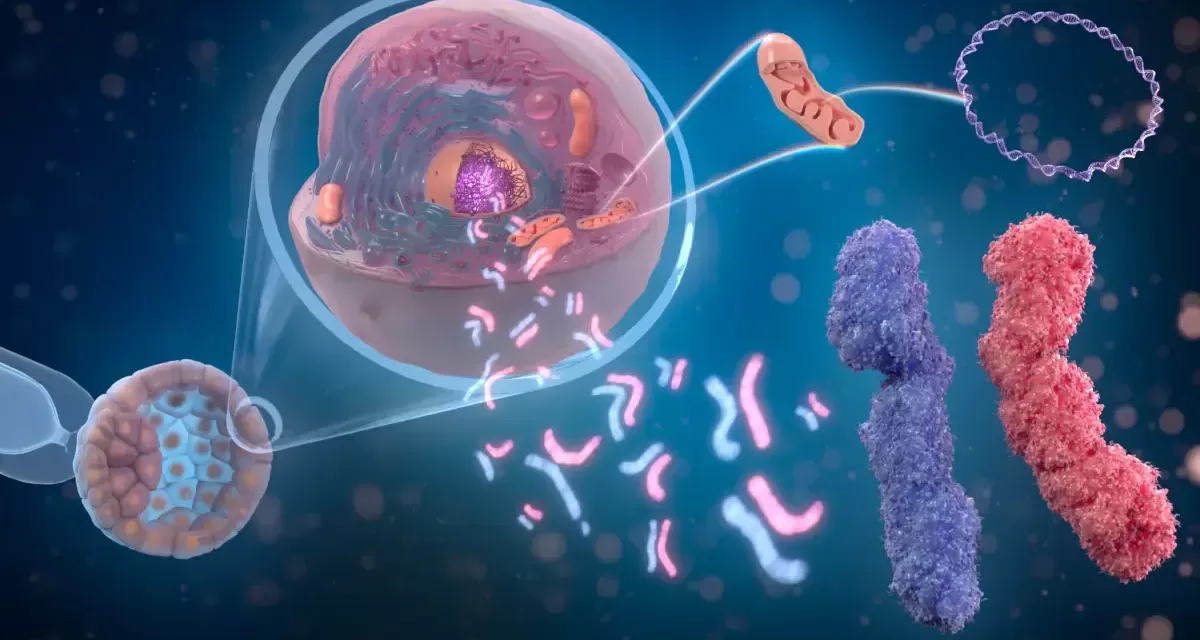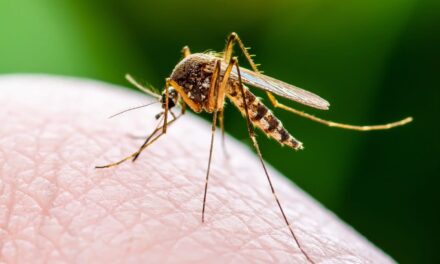A groundbreaking study has revealed a surprising twist in our understanding of esophageal cancer, showing that a genetic mutation long thought to drive the disease may actually offer protection in its early stages. Published in Nature Cancer, this unexpected discovery could help reshape how doctors predict and prevent the disease, offering new hope for more personalized treatment strategies.
Francesca Ciccarelli, Senior Researcher at Queen Mary University of London and Principal Group Leader at the Francis Crick Institute, emphasizes the importance of context in understanding cancer genetics. “We often assume that mutations in cancer genes are bad news, but that’s not the whole story,” says Ciccarelli. “These results support a paradigm shift in how we think about the effect of mutations in cancer.”
New Insights Into Esophageal Cancer Risk
Esophageal cancer remains one of the most challenging forms of cancer to treat, with only 12% of patients in the UK surviving for 10 years or more. The UK has one of the highest incidences of esophageal adenocarcinoma, a subtype that arises from a condition known as Barrett’s esophagus. In Barrett’s esophagus, the cells lining the esophagus become abnormal, but only around 1% of people with this condition progress to cancer each year.
To understand why some individuals with Barrett’s esophagus develop cancer and others do not, the research team analyzed genetic data from over 1,000 people with esophageal adenocarcinoma and more than 350 people with Barrett’s esophagus. The study, which included samples from the OCCAMS consortium, uncovered a surprising link: mutations in the CDKN2A gene were more common in individuals with Barrett’s esophagus who did not progress to cancer.
A Gene with a Dual Role
CDKN2A is traditionally known as a tumor suppressor gene, essential for preventing the formation of cancer. But the study revealed a dual nature for this gene. While its loss in normal cells promotes the development of Barrett’s esophagus, it also plays a protective role against the loss of another key gene, p53, which is critical in preventing cancer. The absence of p53 strongly drives the progression from Barrett’s to esophageal adenocarcinoma.
The research demonstrated that when both CDKN2A and p53 are lost in potentially cancerous cells, these cells become weakened and unable to compete with their surrounding cells, ultimately preventing cancer from taking root. In contrast, the loss of CDKN2A later in the disease, after the cancer has begun to develop, promotes a more aggressive form of the disease and worsens patient outcomes.
Professor Ciccarelli likened this dual role of CDKN2A to the Roman god Janus, known for his two-faced nature, symbolizing transitions and looking both to the past and the future. “Like Janus, cancer mutations can have multiple faces—a dual nature,” she says. “We’re increasingly learning that mutations are a part of aging, and in some cases, they can be protective rather than harmful.”
Implications for Cancer Risk Assessment
This new understanding of CDKN2A’s role could have significant implications for how cancer risk is assessed, particularly for individuals with Barrett’s esophagus. If a person with Barrett’s esophagus has an early mutation in CDKN2A but no mutations in p53, it could indicate a lower risk of developing cancer. Conversely, the presence of CDKN2A mutations later in the disease could signal a more aggressive prognosis.
Dr. Nisharnthi Duggan, Science Engagement Manager at Cancer Research UK, highlighted the importance of continued research into esophageal cancer. “Survival of esophageal cancer has improved since the 1970s, but it remains one of the most difficult cancers to treat, largely due to late-stage diagnoses,” she said. “This research is crucial for advancing our understanding and improving outcomes for patients, demonstrating the value of discovery science in unraveling the complexities of cancer.”
The findings pave the way for more tailored strategies in preventing, detecting, and treating esophageal cancer, potentially saving lives through earlier and more accurate interventions.
For More Information:
Piyali Ganguli et al, “Context-dependent effects of CDKN2A and other 9p21 gene losses during the evolution of esophageal cancer,” Nature Cancer (2024). Read the full study. On bioRxiv: DOI: 10.1101/2024.01.24.576991.












